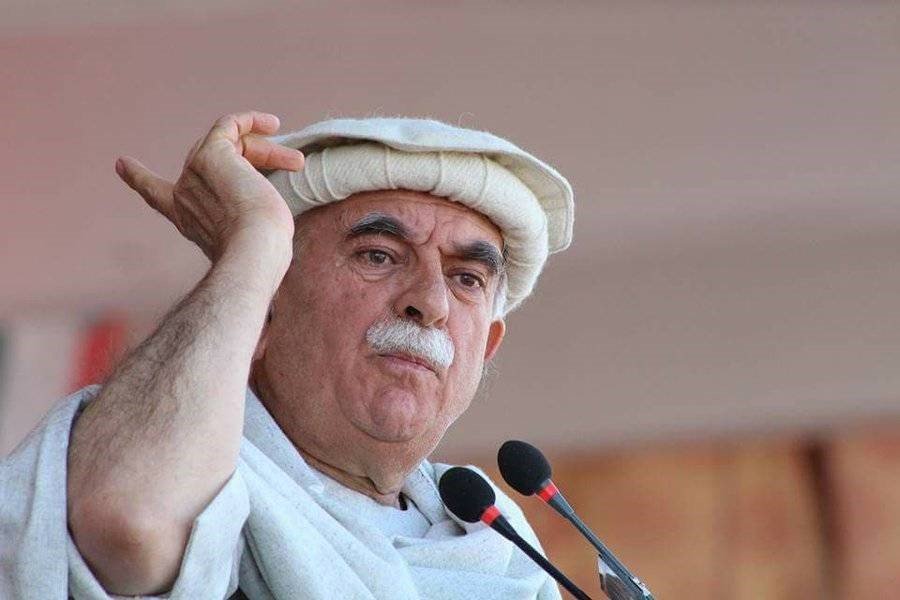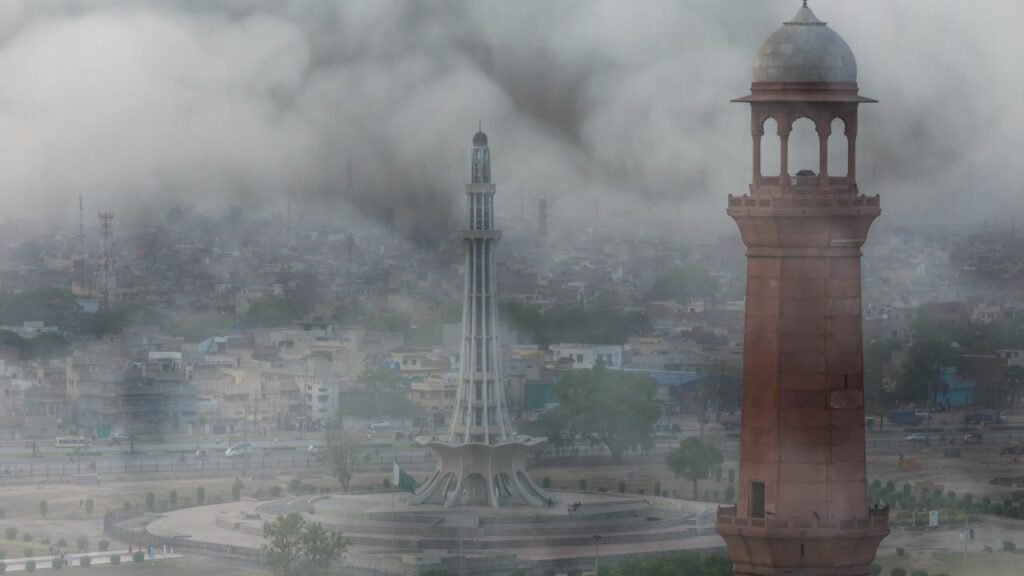Arshad Mahmood Awan
Afghanistan’s announcement that it will completely end all trade with and through Pakistan within the next three months marks one of the most serious shifts in regional commerce in recent years and the consequences for both states are likely to be long lasting because this decision is not simply an emotional reaction to recent border tensions but a calculated move toward alternative trade partners that Kabul believes offer more predictability stability and respect for its strategic interests. Afghanistan has begun diverting its exports and imports through Iran Turkiye and Central Asia and early indicators show that the shift is already reshaping regional supply chains, for instance its trade volume with Iran has risen to one point six billion dollars which is now higher than its trade with Pakistan and the growing use of Chabahar port suggests that Kabul is actively reducing its dependency on Pakistani transit routes after years of border closures disputes and unpredictable administrative hurdles. While this decision will undoubtedly hurt Afghanistan’s fragile economy because Pakistan remains the most viable shortest and most cost effective route for Afghan goods there should be no misunderstanding that Pakistan too will suffer from this breakdown because thousands of low wage workers in Khyber Pakhtunkhwa depend on daily cross border exchanges small factories rely on Afghan buyers to keep their production alive and Islamabad earns more than one point one billion dollars in annual export revenue from Afghanistan which is a crucial market that has been built over decades of proximity and shared geography.
The recurring closures of the Pak Afghan border especially at Torkham and Chaman have created deep frustration inside both countries and each closure shuts down the movement of thousands of cargo trucks leaving perishable goods to rot drivers stranded for weeks and small traders completely paralysed because their operations depend on rapid turnover and predictable movement across the frontier. But while Pakistan’s concerns about the presence and activities of Pakistan focused militant groups inside Afghanistan are valid and demand action the decision to halt bilateral trade as a punitive response has weakened Islamabad’s political leverage at a moment when it needs that leverage the most because ceasing economic engagement removes a key pressure tool that has historically influenced Kabul’s behaviour far more effectively than military warnings or diplomatic statements. The Afghan Taliban leadership has interpreted Pakistan’s trade suspensions as politically motivated rather than security driven and this perception has pushed Kabul further toward building economic reliance on Iran Central Asian republics and Turkiye which is exactly what Pakistan wanted to avoid because regional connectivity plans such as the Central Asia South Asia trade corridor require a cooperative stable and economically aligned Pakistan Afghanistan relationship. Past experience shows that even when political tensions rise between neighbouring states they rarely collapse trade because commerce remains the foundation of long term stability and influence. India and China serve as a clear example because despite deadly border clashes open distrust and rising military posturing neither nation has ever suspended bilateral trade because both understand that economic ties create interdependence and interdependence creates restraint.
Pakistan must realise that losing Afghanistan as a consistent trade partner is not a small diplomatic issue but a strategic setback with far reaching consequences for the people of Khyber Pakhtunkhwa for regional connectivity plans and for Pakistan’s reputation as a dependable economic partner. Small industries in KP producing marble furniture processed foods construction materials plastics and low cost consumer goods are heavily dependent on Afghan markets and their survival is now directly threatened by this shift toward Iran and Central Asia. Similarly thousands of transport workers loaders porters and customs labourers now fear permanent job loss which will worsen social instability in a province already facing economic pressures security challenges and limited industrial expansion. A brokerage report has rightly warned that without a peaceful stable and open trade route both economies will suffer because neither side can afford prolonged closures when their development indicators are already under strain and when global competition is aggressively reshaping supply chains. Pakistan’s policymakers must therefore approach the issue with a policy mindset that recognises trade not as a favour to Afghanistan but as a strategic necessity for Pakistan itself because economic corridors influence political alignment far more than rhetorical statements. Pakistan’s long term foreign policy vision especially its hope to position itself as a regional trade hub requires a predictable open and cooperative border with Afghanistan and it is Islamabad’s responsibility to create incentives structures and diplomatic frameworks that convert mistrust into interdependence and confrontation into negotiated problem solving.
It is now essential for Pakistan to separate security management from economic connectivity because both are important but both cannot be tied together in a way that harms the national interest. Security concerns must be addressed decisively through intelligence coordination targeted diplomacy and pressure on Kabul to fulfil its obligations but trade must continue in parallel because suspending trade punishes the ordinary people far more than it punishes any militant group. The Afghan Taliban also must understand that long term economic stability cannot be achieved by isolating Pakistan because Iran and Central Asia can offer transit routes but they cannot replace the unmatched geographical advantage of Pakistan’s ports market size and supply chains. The more Kabul shifts toward Iran and Turkiye the less influence Pakistan will have in shaping regional outcomes and this will weaken Islamabad’s ability to negotiate on issues such as border management refugee flows transit rights and counterterrorism cooperation. Therefore it is in the interest of both capitals to restart dialogue reduce rhetoric and rebuild commercial confidence because nations do not stop trading even when they have serious political disagreements. The region needs mature leadership that prioritises stability over emotional reactions and strategic continuity over temporary anger. Pakistan and Afghanistan have a shared history a shared border and shared economic futures and the sooner both governments realise that peaceful trade routes are vital for prosperity the sooner both societies will return to a path of stability cooperation and mutual economic benefit.















